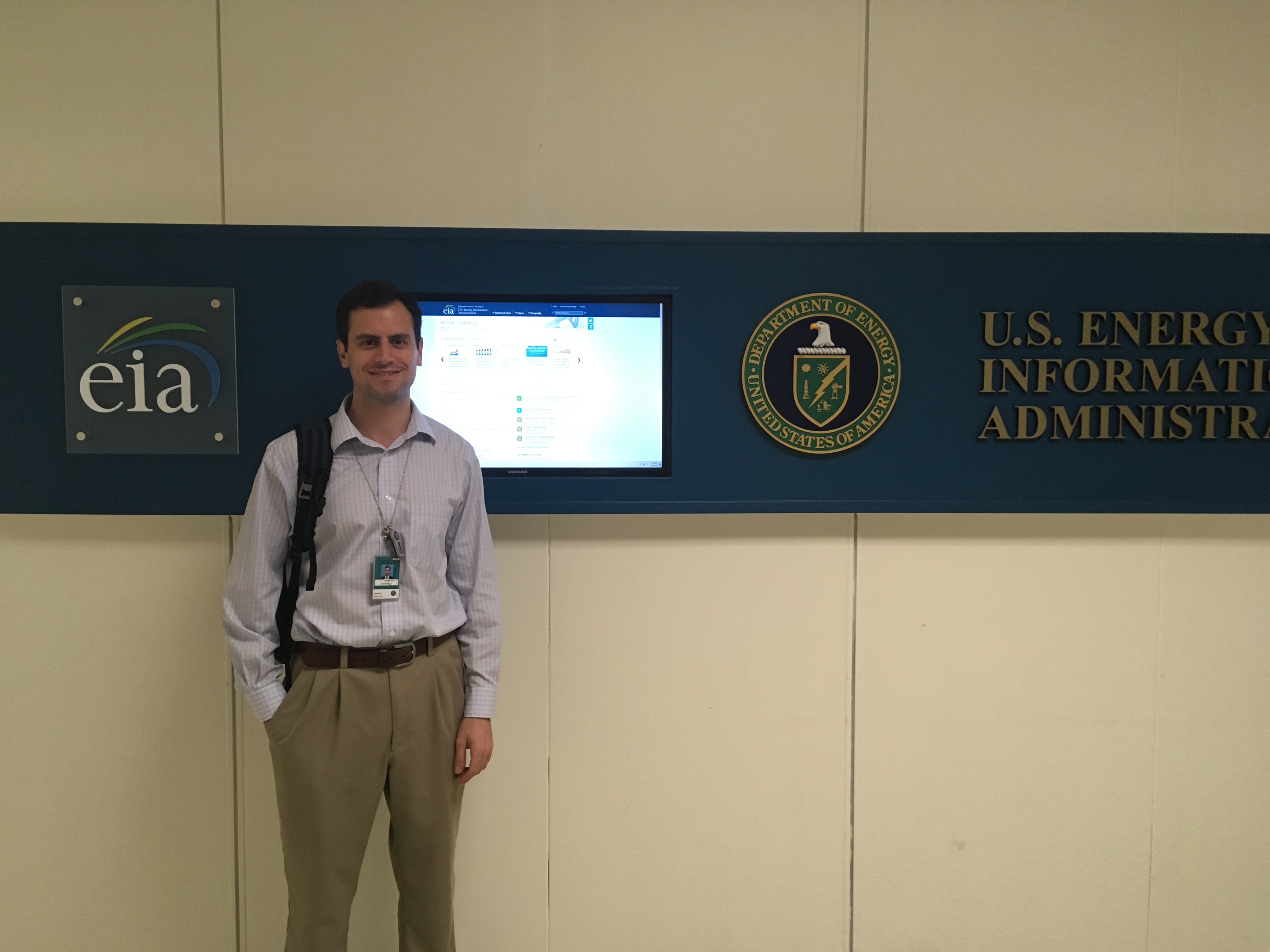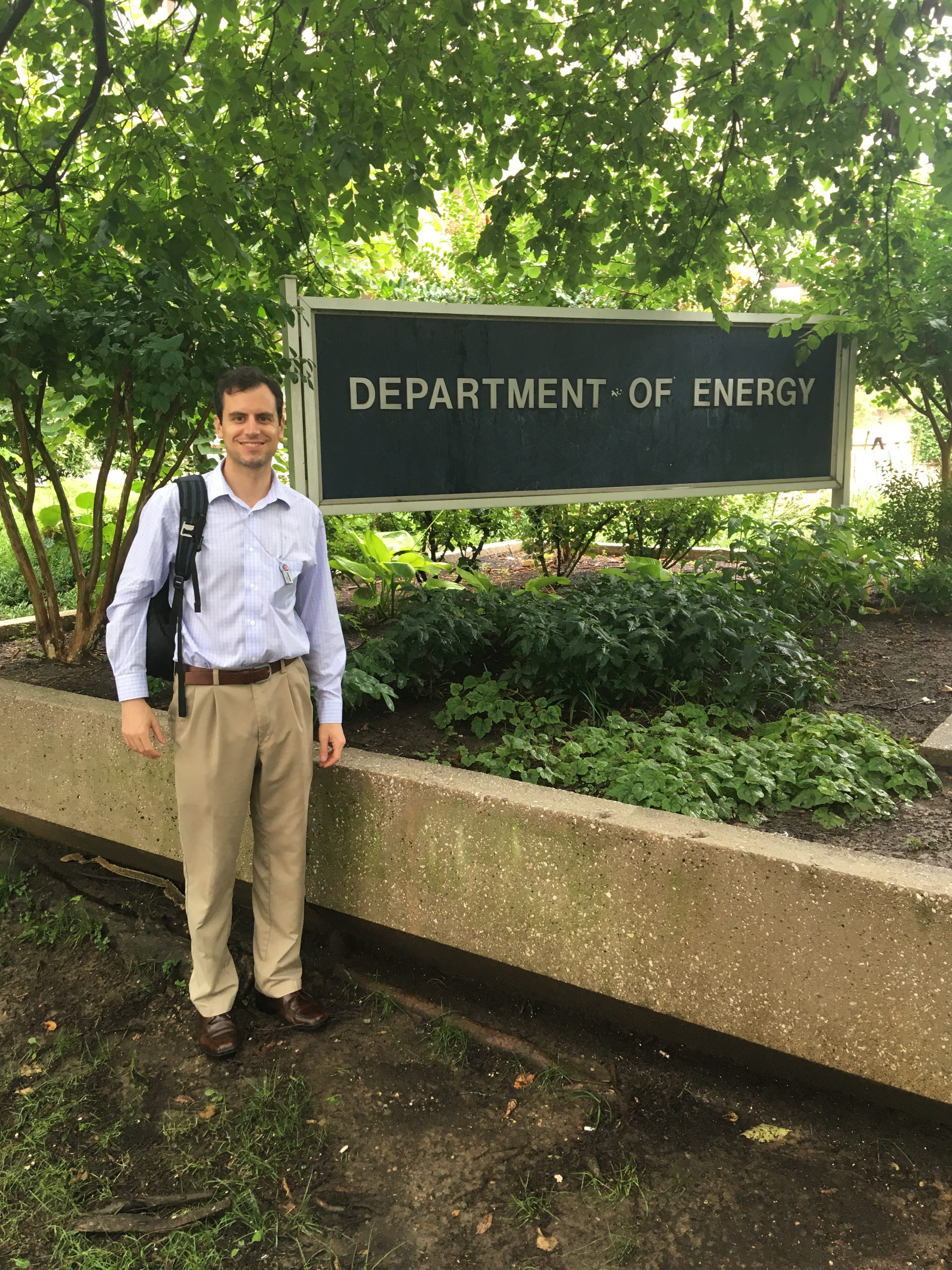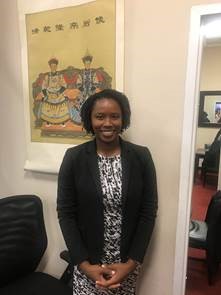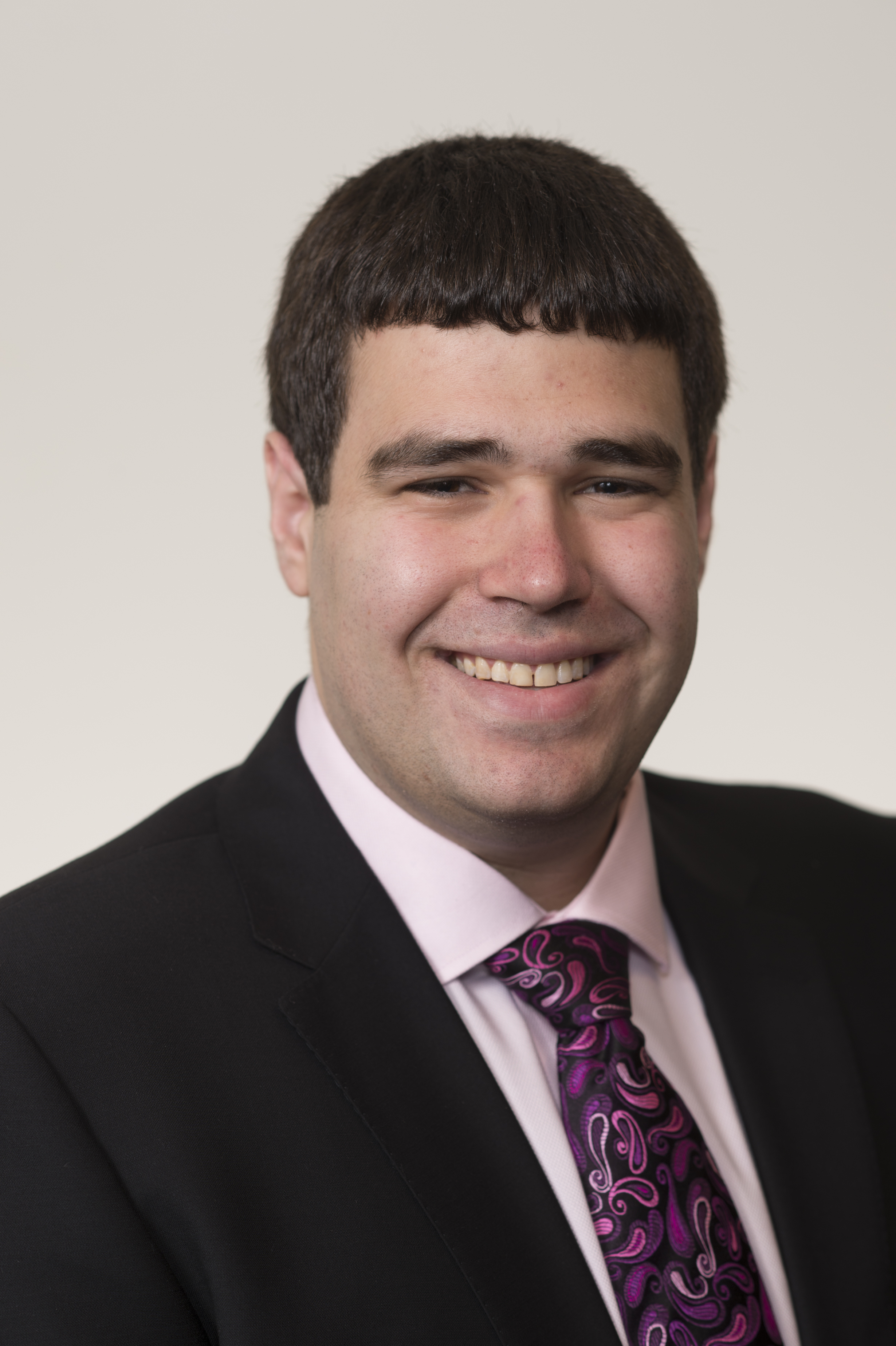For my off campus experience, I was working for the District Office of Sean Patrick Maloney in the House of Representatives. Day-to-day the people were friendly and the work was interesting. The mission of the district office is twofold. The first and primary mission is to provide services to local constituents, such as helping them navigate federal bureaucracies or recording their opinions and current bills. The second mission is to facilitate the Congressman’s interactions with local people and interest groups by setting up town hall meetings and keeping in regular correspondence with members of the community. I worked for the Director of Grants and Outreach, so our job sometimes involved us meeting with new businesses that might move to our district, which combines elements of both the previous two missions.
Many of the constituents, especially these new businesses we met with, were looking for funding for their projects. As such they were often interested in learning about federal grants that might apply to their specific businesses and projects. To make the process easier for them, I spearheaded an ambitious new project. I collected information on all 2000 federal grants and then compiled that information onto a website page I built from scratch. The website page provides an interactive dashboard which users can interact with in real time. All the different grants are on one page with a scroll down bar. Users can hold their mouse over any one grant to see an expanded format which display detailed paragraphs about eligibility. Users can also filter which federal agency they are looking through via a dropdown menu.
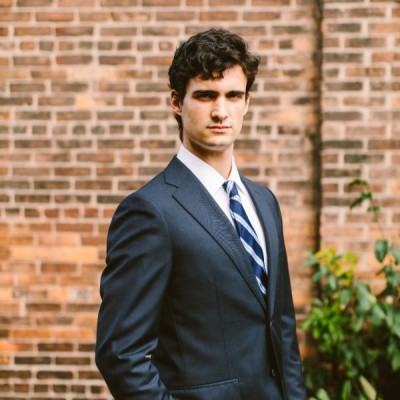
Kyle Downey is an dual MPA/MAIR student at the Maxwell School.

